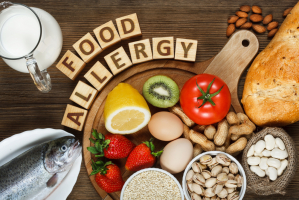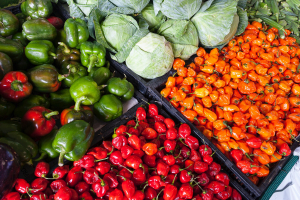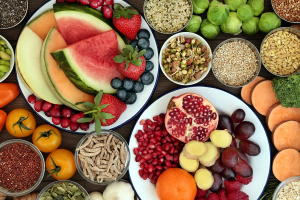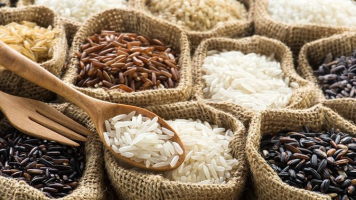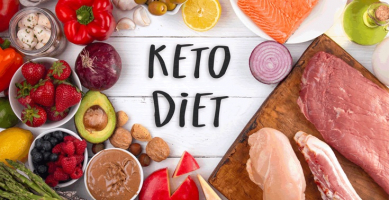Top 5 Most Common Toxins Found in Food
Probably a lot of people have told you that some common foods or food additives are toxic. Fortunately, the majority of these claims lack scientific backing. ... read more...Though, some ingredients, especially when consumed in high quantities, might be dangerous. The following list contains some foods, ingredients, or compounds that require caution.
-
The lining of metal cans and the plastic containers of many popular foods and beverages formerly contained the chemical bisphenol A (BPA) (for instance, those used for canned tomatoes). Studies, however, have revealed that BPA may leak from these containers and into the food or beverage inside.
By binding to the estrogen receptor sites, BPA is thought to mimic estrogen. This may interfere with how hormones normally work. Furthermore, research on pregnant animals has demonstrated that BPA exposure affects fertility and increases a fetus's chance of getting breast and prostate cancer in the future. High BPA levels have also been linked to insulin resistance, type 2 diabetes, and obesity, according to numerous observational studies. Fortunately, the majority of cans and plastics are now BPA-free. However, BPA has been replaced with very similar substances like bisphenol S in many products, which may have similar effects. Avoid using plastic dishware, especially bottled water, as much as you can to limit your exposure to these potentially dangerous substances. Look for products that are packed in glass rather than aluminum cans, and replace your plastic drinking glasses with ones made of glass or stainless steel.
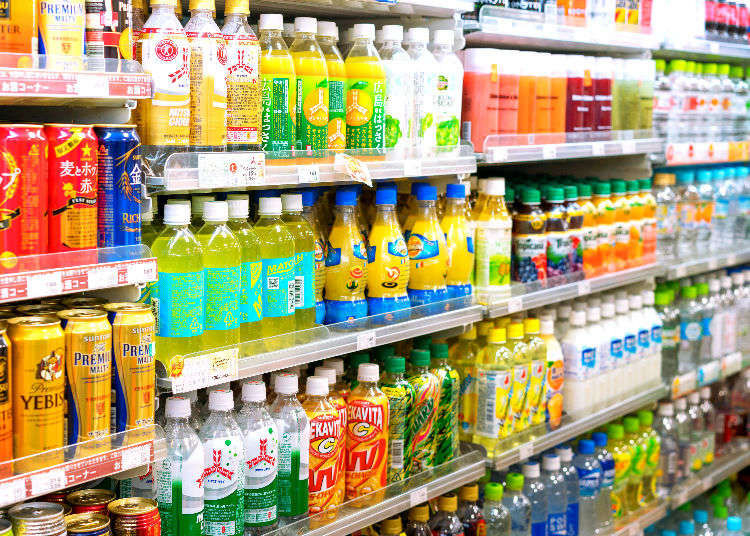
Bisphenol A and similar compounds 
Bisphenol A and similar compounds -
Trans fat is considered the worst type of fat to eat. Unlike other dietary fats, trans fats — also called trans-fatty acids — raise "bad" cholesterol and also lowers "good" cholesterol.
Hydrogen is pumped into unsaturated oils, such as soybean and corn oils, to turn them into solid fats, which is how artificial trans fats are made. They used to be included in a wide variety of processed foods, including margarine, snacks, and packaged baked products. However, studies on both humans and animals have consistently shown that consuming trans fats causes inflammation and has an impact on heart health. As a result, manufactured trans fats are fully prohibited in the US as of January 2020. Natural trans fats are sometimes found in foods made from animals, but they don't have the same health dangers as trans fats that are made artificially.

Artificial trans fats 
Artificial trans fats -
PAHs, also known as polycyclic aromatic hydrocarbons, are considered to be environmental pollutants. They are produced when organic material burns, but they are also present in food.
Fat drops onto hot cooking surfaces when meat is grilled or smoked at high temperatures, creating volatile PAHs that may seep into the meat. Grilled chicken and fish samples have been found to have comparable amounts of PAHs, despite the fact that red meat was formerly assumed to be the primary offender. In fact, one of the main sources of PAHs in the diet is smoked and grilled meat. But many other types of processed foods also include PAHs. Unfortunately, scientists have discovered that PAHs are harmful and associated with a higher risk of prostate, colon, kidney, and breast cancer. Although it's best to use alternative cooking techniques, such as braising or slow cooking, you can cut the amount of PAHs produced bygrilling by as much as 89% by reducing smoke and removing drippings from the grill quickly.

Polycyclic aromatic hydrocarbons 
Polycyclic aromatic hydrocarbons -
The poisonous substance coumarin is present in the cinnamon varieties C. cassia, C. loureiroi, and C. burmannii. These types of cinnamon are often available at grocery shops.
Coumarin has been linked to a higher risk of cancer and liver damage at high doses. However, until you test your cinnamon, it's hard to determine how much coumarin it contains. If you regularly consume cinnamon, you should be aware that one research revealed that children who regularly sprinkled cinnamon on their oatmeal may have unsafe levels of coumarin intake. If you want to stay away from coumarin, opt for Ceylon cinnamon, sometimes known as "true cinnamon," which comes from the Cinnamomum verum plant. It's more costly and difficult to get in stores (you might have to order it online), but it has significantly lower levels of coumarin.
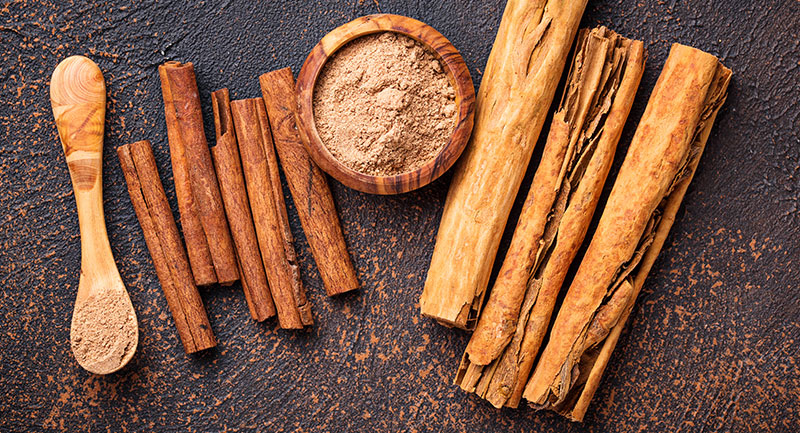
Coumarin in cinnamon 
Coumarin in cinnamon -
"Empty calories" are a common term for added sugars. But sugar's negative effects go far further than that. Excess consumption of fructose-rich sugars, such as high-fructose corn syrup, has been associated with a number of significant diseases, such as obesity, type 2 diabetes, metabolic syndrome, fatty liver disease, and cancer.
Foods with a lot of added sugar are also highly processed and may have addictive qualities, making it difficult for some people to control their intake. Some scientists have attributed this to sugar's ability to trigger the production of dopamine, a neurotransmitter in the brain that increases reward pathways, based on studies in animals. Limit sugar-sweetened beverages like soda and fruit juices, and eat processed snacks and sweets in moderation to reduce your added sugar consumption.

Added sugars 
Added sugars








